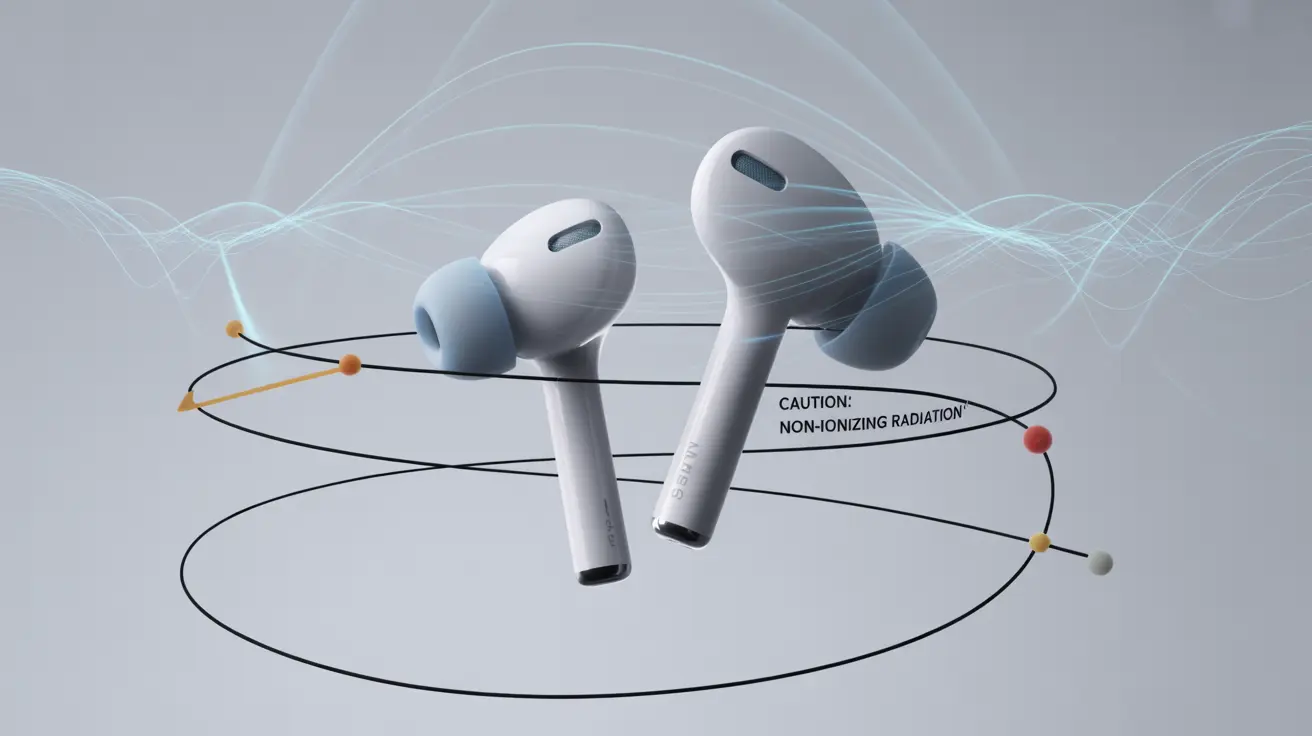With the increasing popularity of wireless earbuds like AirPods, many users have raised concerns about potential health risks associated with these devices. The question of whether AirPods and similar Bluetooth headphones could cause cancer has become a topic of significant discussion. Let's examine the scientific evidence and expert opinions to understand the relationship between wireless earbuds and potential health impacts.
Understanding Bluetooth Technology and Radiation
Bluetooth devices, including AirPods, use radiofrequency (RF) radiation to communicate wirelessly. This type of radiation belongs to the non-ionizing category, which is fundamentally different from the ionizing radiation known to cause cellular damage and increase cancer risk.
- Operates at very low power levels
- Uses frequencies between 2.4 to 2.485 GHz
- Produces significantly less radiation than cell phones
- Falls well within safety guidelines established by regulatory bodies
Scientific Evidence and Research Findings
Current scientific research has not established a direct link between Bluetooth headphone use and cancer. The radiation levels emitted by these devices are considerably lower than international safety standards, and studies have not shown evidence of harmful biological effects at these levels.
Radiation Exposure Comparison
- AirPods emit about 0.001 watts per kilogram (W/kg) of radiation
- Smartphones typically emit 0.1-1.6 W/kg when in use
- The FDA safety limit for cell phones is 1.6 W/kg
Safety Standards and Regulations
Wireless earbuds must meet strict safety guidelines set by various regulatory agencies, including the FDA and FCC. These standards are designed with significant safety margins to protect public health, and AirPods operate well below these established limits.
Long-term Health Considerations
While immediate safety concerns appear minimal, research on long-term effects continues. Some health professionals recommend practical precautions such as:
- Taking regular breaks from device use
- Removing earbuds when not in active use
- Maintaining good ear hygiene
- Using speakerphone or wired headphones when possible
Frequently Asked Questions
Do Apple AirPods or other Bluetooth earbuds cause cancer or increase cancer risk? Current scientific evidence does not support claims that AirPods or other Bluetooth earbuds cause cancer or increase cancer risk. The type and level of radiation they emit is non-ionizing and too weak to cause DNA damage.
How much radiation do AirPods emit compared to cell phones and is it harmful? AirPods emit significantly less radiation than cell phones - approximately 1/100th of the amount. The levels are well below international safety standards and are not considered harmful based on current scientific understanding.
Are there any long-term health effects or safety concerns from using wireless Bluetooth headphones? While research is ongoing, no conclusive evidence suggests long-term health effects from using Bluetooth headphones. The devices operate within established safety parameters for non-ionizing radiation exposure.
What does current scientific research say about the link between Bluetooth radiation and brain cancer? Current scientific research has not established any causal link between Bluetooth radiation and brain cancer. The non-ionizing radiation used in Bluetooth technology lacks sufficient energy to damage DNA or cause cancerous changes in cells.
Can prolonged use of Bluetooth earbuds affect other health issues, such as thyroid nodules? There is no scientific evidence linking Bluetooth earbud use to thyroid nodules or other health issues. The low-power radiation emitted by these devices has not been shown to cause tissue damage or hormonal disruptions.




